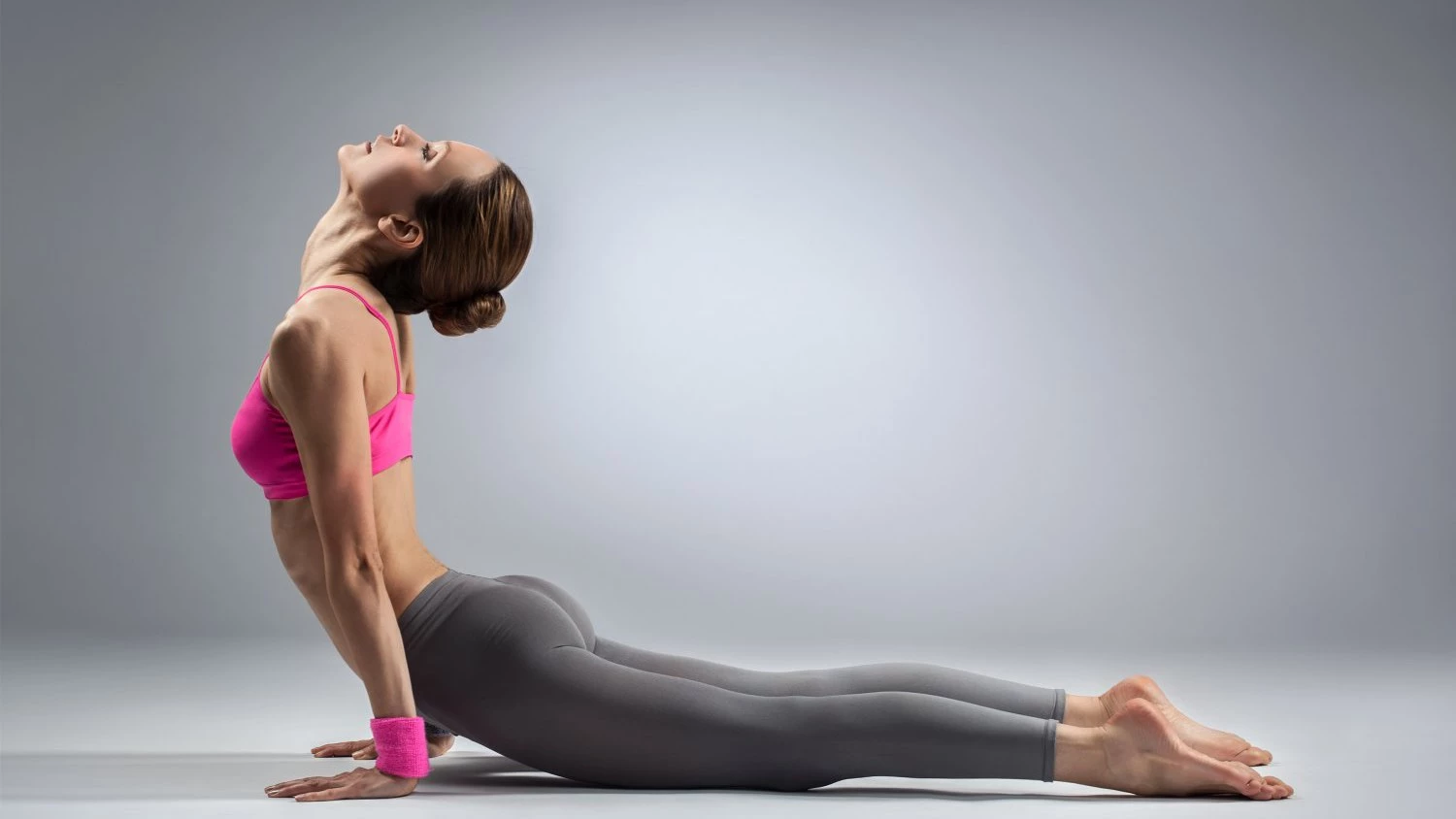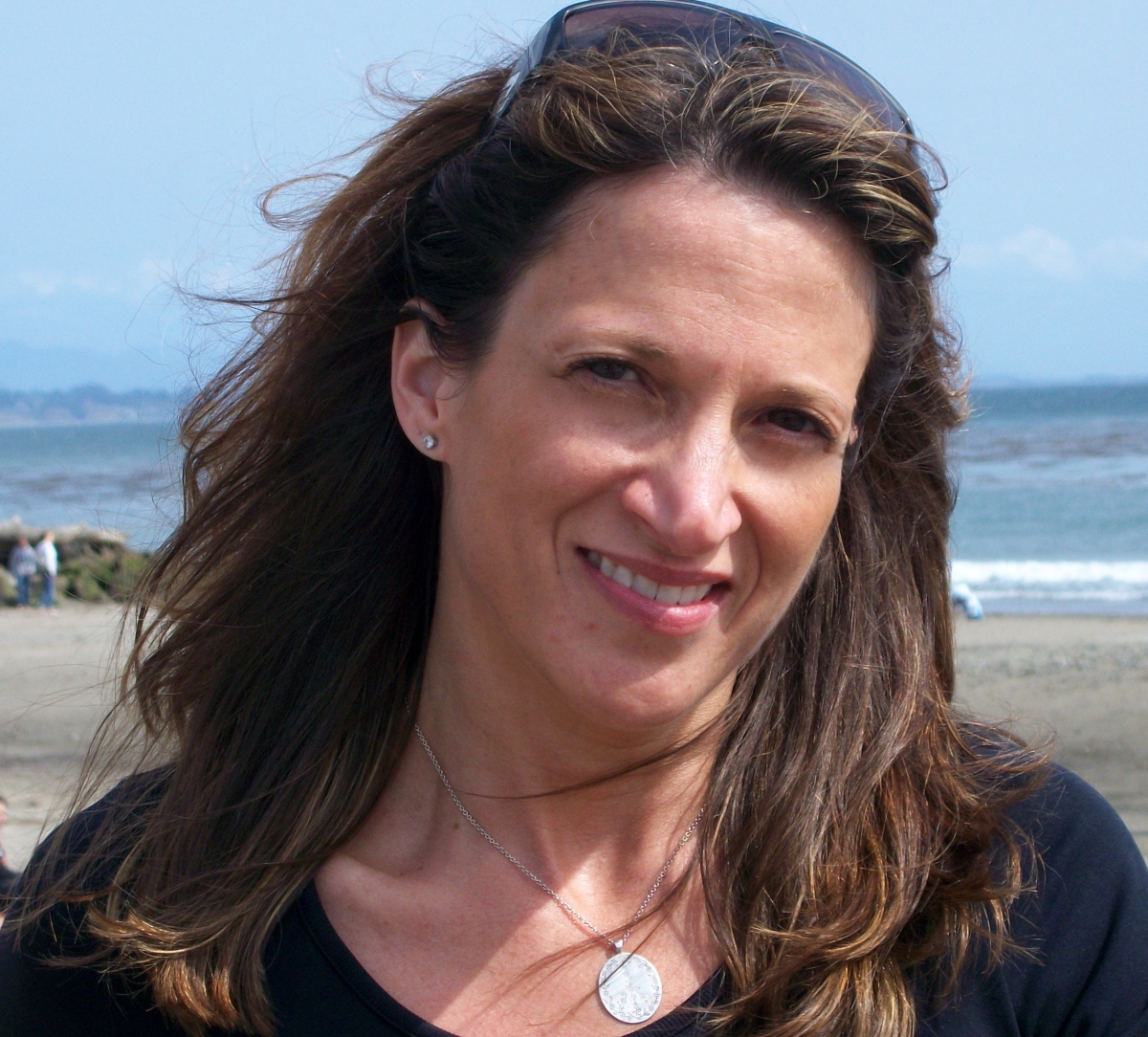Catholic University Launches First Yoga Masters Degree in the U.S.

If a Masters program in yoga studies at a Catholic university sounds like a radical idea, think again. That is exactly what is being offered starting this fall at Loyola Marymount University (LMU) in Los Angeles.
The recent debate about the integration of hatha yoga practice as part of the P.E. classes in the Encinitas school system in Southern California raised the issue of whether or not yoga promotes Hindu spirituality. However, according to Christopher Key Chapple, Ph.D., Director of the Master of Arts in Yoga Studies program at LMU, the yoga tradition is non-dogmatic and not founded on a specific belief system.
“By remaining deliberately ambiguous and non-dogmatic about ultimate theological issues, the yoga tradition establishes itself as a positive proponent for individual spiritual development for persons of all religious backgrounds and creeds,” says Chapple.
The overarching intent of the yoga studies masters program is not to replace students’ beliefs with another religious belief system, says Chapple, but rather to allow students to delve into their religious and spiritual foundation.
Although there has been some controversy regarding the program, the undercurrent of dissent is far less than one might expect. “Yoga has emerged as a technology for spirituality,” says Chapple. It is “certainly [consistent with] with the teachings of the Roman Catholic Church.”
“What we’re doing here is actually quite conservative. Teachings under the religious dialogue do not replace the tradition of the Trinity,” says Chapple. The yoga studies program is consistent with the Nostra Aetate, or the Declaration on the Relation of the Church with Non-Christian Religions of the Second Vatican Council (1965), Chapple points out.
Not everyone agrees with Chapple, however. Father John Hardon, S.J., the late Catholic theological stated emphatically that, “Yoga is incompatible with Catholicism, because the best known practice of Hindu spirituality is yoga.” Others have suggested that eastern methods of yoga and meditation are “dangerous”, and that the fusion of yoga and Christian practice threatens the very fabric of Christianity.
Dr. Chappel disagrees. Having a yoga studies graduate program does not compromise the religious values of LMU, he notes. In fact, “support from the religious community at LMU has actually been quite stalwart,” he states.
The graduate program in yoga studies is rigorous, and involves a great deal more than yoga postures. Students are immersed in yoga history, philosophy, and physical practice, and are required to learn the Sanskrit language. Course requirements include independent research in India.
According to LMU’s website, “the program produces knowledgeable leaders in the field of yoga, equipped to teach the academic component of yoga, its history and philosophy, as well as to open centers and studios for the study and practice of yoga, and to conduct trainings for yoga teachers”. Students also have the option of incorporating their master’s studies into PhD programs in a number of disciplines. The yoga studies graduate program is separate from the certificate training programs offered at LMU, which include Prime of Life Yoga, Yoga Philosophy, Yoga and Ecology, Yoga Therapy Rx, Vinyasa Karma Yoga, and Yoga and the Healing Sciences (Teacher Training).
The LMU program is likely to appeal to a growing subset of Americans who consider themselves to be ‘spiritual but not religious’. Modern day spirituality is characterized by a search for personal development and wellbeing; a quest to reach one’s essence or true self. It is heavily influenced by Carl Rogers’ and Abraham Maslow’s humanistic psychology, as well as depth psychology, theosophy, and Eastern philosophy (Buddhist, Taoist, Vendantic, Tantric etc.).
The LMU program is a heartening example of how the global spiritual community could benefit from focusing its attention on the commonalities of spiritual and religious traditions and practices rather than attending to their differences.
What is often neglected in the philosophical debate is the ways in these programs benefit the community. Interns of LMU’s yoga programs provide free yoga therapy sessions to underserved populations at the Venice Clinic. This selfless service is at the heart of most spiritual belief systems, and most certainly embedded in the teachings of Jesus and the 8 limbs of yoga.
 B Grace Bullock, PhD, E-RYT 500 is a psychologist, research scientist, educator, author, yoga and mindfulness expert and creator ofBREATHE: 7 Skills for Mindful Relationships. Her mission is to reduce stress, increase health and wellbeing and improve the quality of relationships. She offers classes, workshops, writing and research that combine the wisdom of applied neuroscience, psychophysiology, psychology and contemplative science and practice. Her goal is to empower individuals, groups, leaders and organizations to reduce chronic stress and increase awareness, attention, compassion, mindfulness and effective communication to strengthen relationships, release dysfunctional patterns and unlock new and healthy ways of being. Dr. Bullock is a Certified Viniyoga Therapist and Faculty at the Integrated Health Yoga Therapy (IHYT) Training program. She is the former Senior Research Scientist at the Mind & Life Institute and former Editor-in-Chief of the International Journal of Yoga Therapy. For more information see www.bgracebullock.com
B Grace Bullock, PhD, E-RYT 500 is a psychologist, research scientist, educator, author, yoga and mindfulness expert and creator ofBREATHE: 7 Skills for Mindful Relationships. Her mission is to reduce stress, increase health and wellbeing and improve the quality of relationships. She offers classes, workshops, writing and research that combine the wisdom of applied neuroscience, psychophysiology, psychology and contemplative science and practice. Her goal is to empower individuals, groups, leaders and organizations to reduce chronic stress and increase awareness, attention, compassion, mindfulness and effective communication to strengthen relationships, release dysfunctional patterns and unlock new and healthy ways of being. Dr. Bullock is a Certified Viniyoga Therapist and Faculty at the Integrated Health Yoga Therapy (IHYT) Training program. She is the former Senior Research Scientist at the Mind & Life Institute and former Editor-in-Chief of the International Journal of Yoga Therapy. For more information see www.bgracebullock.com


